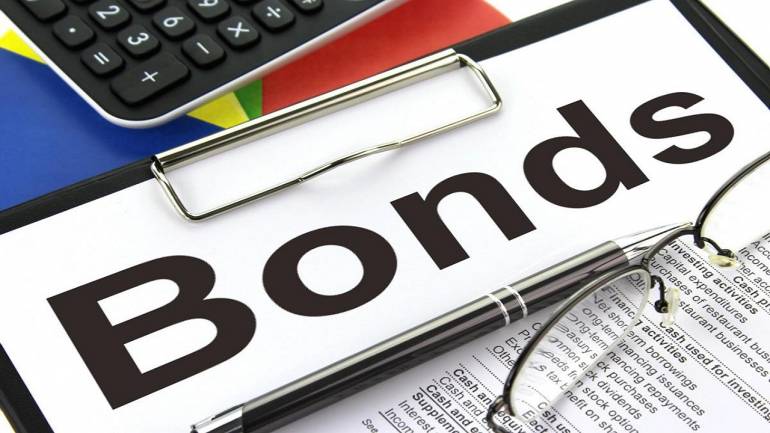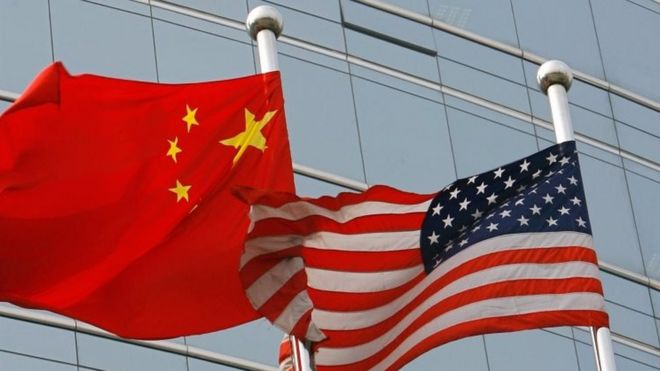Nigeria is at a critical juncture in its economic trajectory, as the country grapples with both internal challenges and the global economic landscape. From rising inflation rates to critical fiscal reforms, the nation’s economy is undergoing a transformation that impacts businesses, individuals, and governmental policies.
Rising Inflation and Economic Resilience
As of December 2024, Nigeria’s inflation rate has spiked to 34.8%, up from 33.6% in November 2024, making it one of the highest inflation rates in recent years. This surge is largely driven by increased demand for goods and services during the festive season, as well as the impact of energy and agricultural disruptions. In response to the pressure, both the World Bank and the International Monetary Fund (IMF) have urged the Central Bank of Nigeria (CBN) to maintain its focus on combating inflation, while also stressing the need for coordination between fiscal and monetary policies.
Experts suggest that improving local production and reviewing trade policies could help mitigate some of the supply-side constraints. However, the path to stabilizing the economy requires more than just fiscal intervention. According to Sameer Matta, Senior Economist at the World Bank, addressing agricultural yield improvements and creating stronger links between rural and urban sectors is paramount.
The Toll of Fuel Subsidy Removal
Another monumental issue that Nigeria faces is the ongoing impact of fuel subsidy removal. The policy change, which has sent fuel prices skyrocketing, has had profound effects on the cost of living. Nigerians have voiced concerns over the increase in transportation and food prices, which have made daily life increasingly difficult for many families. Nonetheless, the government maintains that the fuel subsidy removal is a necessary evil, aimed at creating room for long-term economic stability and sustainability.
While some argue that the move will redirect funding to infrastructure development, social programs, and investments in energy, others call for increased social protection measures to cushion the effects on vulnerable populations. Transparency in how the savings from subsidy removal are allocated remains a key concern for many critics.
Telecom Sector Faces New Challenges
Meanwhile, the telecommunications sector has also seen its share of turbulence. On January 20, 2025, the Nigerian Communications Commission (NCC) approved a controversial 50% tariff increase for telecom operators, citing rising operational costs. While this decision aims to ensure the sector’s sustainability, many Nigerians have expressed concerns about the potential burden on consumers, especially as inflation continues to rise. The Presidency has defended the move, clarifying that the tariff adjustment is not automatic and that operators are free to maintain existing rates if they find them sustainable.
The tariff increase has sparked debates about the balance between regulating the telecom industry and protecting consumers from unfair pricing. The NCC, however, insists that stricter regulatory measures are in place to curb exploitative billing practices and ensure better service delivery.
The Need for Job Creation and Economic Diversification
As Nigeria seeks to diversify its economy beyond oil and gas, the emphasis is increasingly on job creation and expanding sectors such as agriculture, mining, and manufacturing. Efforts are being made to revive local industries and improve agricultural productivity, particularly in regions like the North-East, where optimism about the economic future remains strong. The Central Bank’s Business Expectation Survey for December 2024 shows that businesses in the North-East, particularly those in agriculture and commerce, are driving much of the optimism, despite challenges like infrastructure deficits and security concerns.
A Future of Reforms and Investment
As Nigeria looks towards 2025, the focus will remain on attracting investment, creating sustainable infrastructure, and ensuring that reforms are implemented in ways that benefit all Nigerians. Whether through tariff hikes in the telecom sector or fuel subsidy removals, policymakers must carefully consider the impact of their decisions on both businesses and households. The potential for growth in sectors such as renewable energy, agriculture, and manufacturing offers hope, but strategic investments and reforms are crucial in making these sectors a true pillar of the economy.
The ongoing debates surrounding fiscal policies, economic reform, and social protection measures highlight the complexity of Nigeria’s current situation. For the country to truly realize its economic potential, a collaborative effort between the government, the private sector, and citizens is essential.
As Nigeria moves into the new year, all eyes will be on how these issues unfold, and whether the country can navigate the complex path towards a more resilient and diversified economy.













